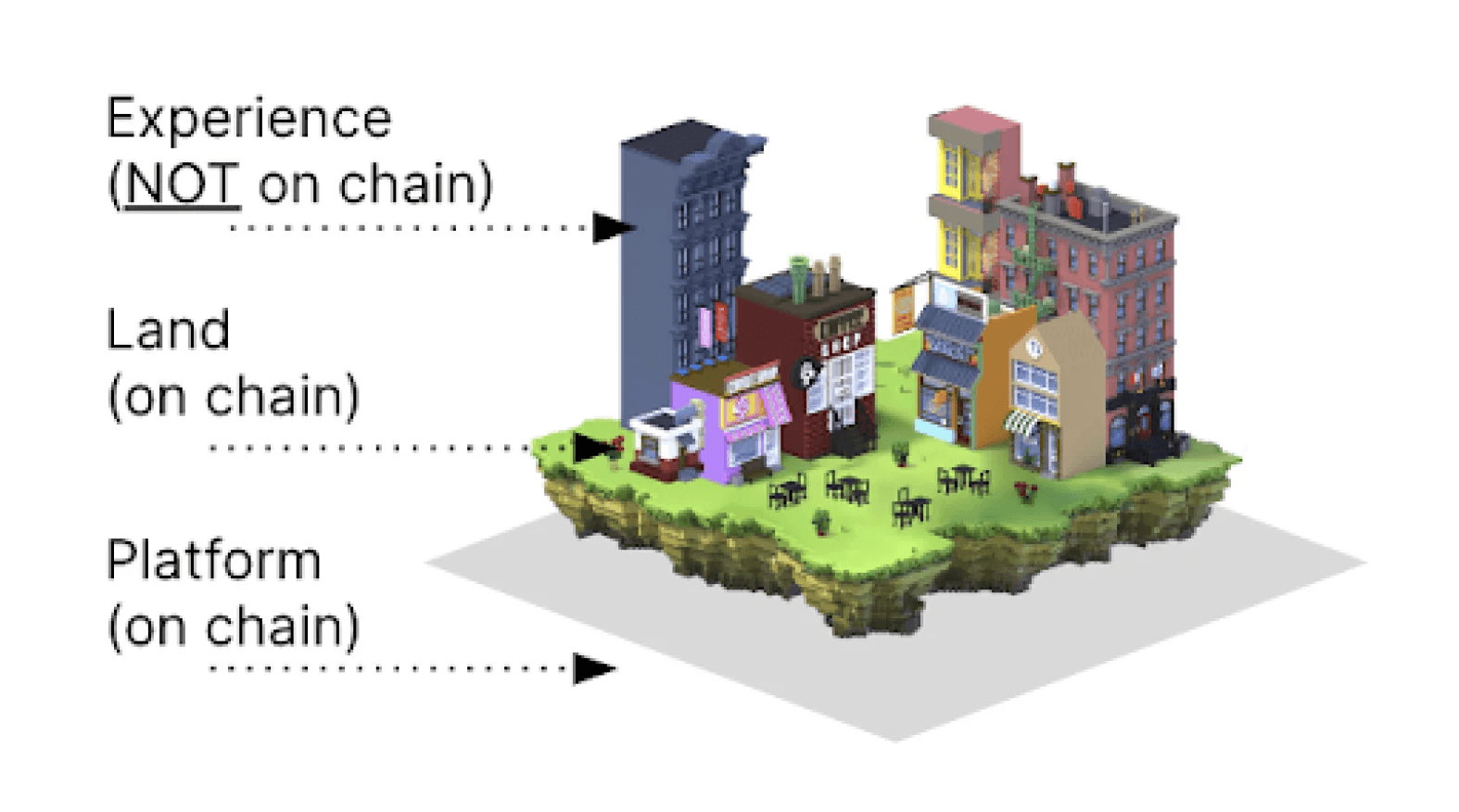Back to Blog
Hello World From Matera
Dec 7, 2022
Sam Huber

GM Web3! Today I am thrilled to unveil something that we have been working on for the last 6 months and that we believe will be a key contributing factor to accelerate the metaverse economy.
From Building Metaverse Experiences To Accelerating the Metaverse Economy
In the past year, we have transitioned from being Admix, a leading in-game advertising technology company, to becoming LandVault, the largest builders of the Metaverse. Our team of 180 has now developed 100 million square feet of virtual land for global brands and native Web3 companies, bringing excitement and true engagement to the metaverse. We have built everything from the Mastercard Pride Plaza, contributed to the first metaverse Fashion Week with over 60 brands, and helped Heineken win awards for their Silver Brewery in the metaverse. Accelerating the economy of the metaverse, one build at the time.
Throughout these 200 projects, we have also encountered the limitations of the metaverse, namely the lack of infrastructure to build and monetize experiences. In fact, at the current productivity rate, it would take 50 years to build the first 100,000 metaverse experiences. This is way too long - imagine if it took 50 years to build the first 100,000 websites. To scale into a trillion $ economy as predicted by banking analysts, the metaverse needs infrastructure to speed up this process and reduce the barriers to entry.
Another significant limitation is that metaverse experiences are not on-chain. While platforms have some elements on-chain, like their cryptocurrency, and land are on-chain as NFTs, the content built on top of it, is not. This creates some limitations:
Limited liquidity: creators or land owners associated with the experience cannot easily exit or earn royalties from their creations.
Limited injection of capital: unlike virtual land, retail investors cannot invest in metaverse real estate as it is not an asset, limiting investments in the metaverse.
Limited available data: ownership and rights of metaverse experiences is handled off chain and have no public registry.

Overall, the fact that experiences are not on-chain are reducing the monetization opportunity available to metaverse builders, which in turn limits the incentive for them to build. To grow in a $13 trillion industry within the next decade, the metaverse is going to need millions of builders.
We believe enabling coordination between metaverse builders and creators, and bringing the experiences on-chain is the best catalyst for metaverse growth.
This is why we are building Matera!
Introducing Matera, a new product by LandVault
Matera is a protocol that tracks ownership of metaverse experiences by minting its data as NFT, and turns it into a tradable asset: metaverse real estate. Similarly to acquiring Bored Apes, Doodles NFTs, or virtual land, investors will now be able to buy a metaverse concert venue or a football stadium.
This groundbreaking for several reasons:
Creators can build faster. Before Matera, metaverse experience’s ownership was still governed off-chain by paper contracts between creators, land owners and the project operator, which led to complexity and time to get projects off the ground. By bringing the experience on chain, Matera automates the coordination, and payment of metaverse participants, which accelerates the metaverse economy as a whole.
Investors can buy / sell experiences: Matera mints NFTs representing ownership over an experience, which can be traded in any NFT marketplaces like OpenSea. For example, investors will be able to buy or invest in an Experience NFT representing a concert venue that charges $5 per concert. These are income producing assets that are now tradable thanks to Matera.
Creators can find quicker liquidity: Matera allocated ERC-20 Project Tokens to creators, land owners and other builders based on their contribution in the project. Project Tokens are used as governance over the experience, and indirectly, future revenue. Creators, land owners and other stakeholders can sell Project Tokens allocated to them at any time, to monetize their projects instantly.
We are currently working on partnerships with metaverse platforms that can benefit from bringing their experiences on chain. But the beauty of Matera is that it is built as an open standard, so anyone can build applications on top of it. LandVault will also build the early use cases, but we are calling developers to build with Matera! Over the next couple weeks we will reveal the whitepaper, roadmap, first partnerships and use cases. In the meantime, visit materaprotocol.com and sign up to stay in touch with our progress!
Overall, we see Matera as completely aligned with LandVault’s vision to accelerate the mateverse economy. By making the experience layer tradable, it opens it up to new investment, which will stimulate the metaverse economy and create more reasons for people to be involved as creators, builders and entrepreneurs in the space.
We’re so excited to announce Matera and play our role in accelerating the growth of the Metaverse, and would love to have you join our journey!
Dec 7, 2022
Sam Huber
Subscribe to our monthly newsletter
About Landvault
Landvault is building infrastructure to accelerate the metaverse economy, by building tools to create, deploy and monetize content. The company has helped over 200 clients enter the metaverse, including both Fortune 500 companies and government organizations like the Abu Dhabi government, Mastercard, L’Oreal, Red Bull, and Heineken. The company has raised a total of $40m over the past three years and continues to pioneer technological advancements.
